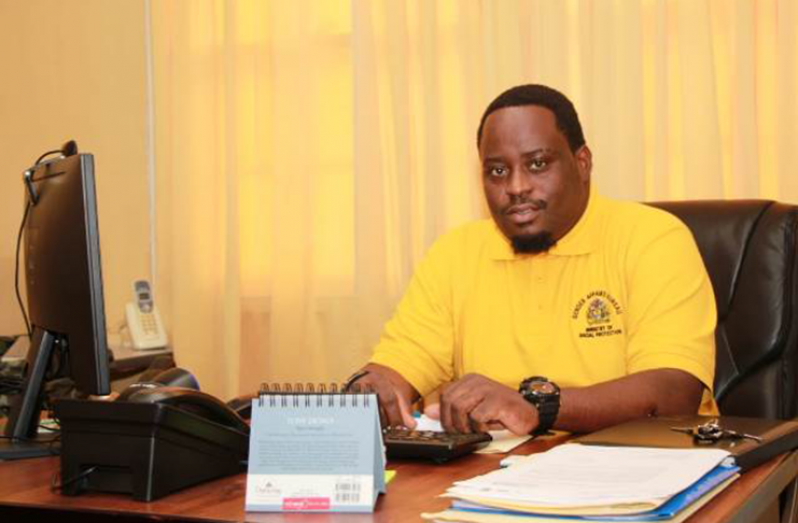– to speak up against Intimate Partner Violence
SEVERAL countries across the world have reported an increase in Inmate Partner Violence and abuse due to the various stay-at-home and lockdown policies that have been implemented during the current COVID-19 pandemic.
According to Adel Lilly, Manager of the Gender Affairs Bureau at the Ministry of Social Protection, COVID-19 has brought with it not only isolation, but economic anxiety and joblessness as well.
“These factors are ‘stressors’ that operate in the context of violence,” Lilly said during an interview.
But the good news, however, is that all the programmes available at the Bureau are gender-neutral, and serve to assist both men and women who are victims of intimate partner violence.
“The context of only male perpetrators and female victims is not true; we do have male victims and female perpetrators,” he said, adding: “The Ministry of Social Protection’s Gender Affairs Bureau extensively lends support to males who are exposed to any form of violence.”
He said that the low incidence of reported cases of male abuse is not surprising, because men are often socialised not to express feelings or to see themselves as victims.
“There is this view in society that, as a man, you are supposed to suck it up,” Lilly said, but as he went on to explain, the Agency often hears from male victims who say they are often not believed or taken seriously.
“Many feel that to report any form of abuse will somehow emasculate them,” he said. “Some have expressed shame, and refuse to acknowledge the abuse from their partners, and this leads to the denial of their situation.”
The abuse of men, he said, can take many forms: From sexual, to physical, verbal, financial, emotional and physiological, intimidation and threats, as well as property damage and social isolation.
Also, male victims more than female can experience legal and administrative abuse. “This is the use of institutions to inflict further abuse on the victim. For example, taking out false restraining orders, or not allowing the victim to have access to his children,” Lilly said.
Noting the low incidence of IPF reports by men in Guyana during the pandemic, Lilly said this may not necessarily be as a result of fewer cases, but more likely because of what he describes as “an interruption in the “reporting mechanisms”.
“We feel that it may be cases whereby the reporting mechanism has broken down,” he said, “because, under normal circumstances, victims of abuse can be identified at school, the workplace, or even when they are visiting family and friends… So when no one is seeing the victims, no one can report the suspected case.”
He feels that now is the time when persons in the community and the victim’s support system [family, friends, religious leaders etc.] have to be more vigilant, be more aware and ask more questions.
He indicated that the gency is working closely with the Guyana Police Force and several non-governmental organisations to effectively curb intimate-partner violence against both women and men.


.jpg)











